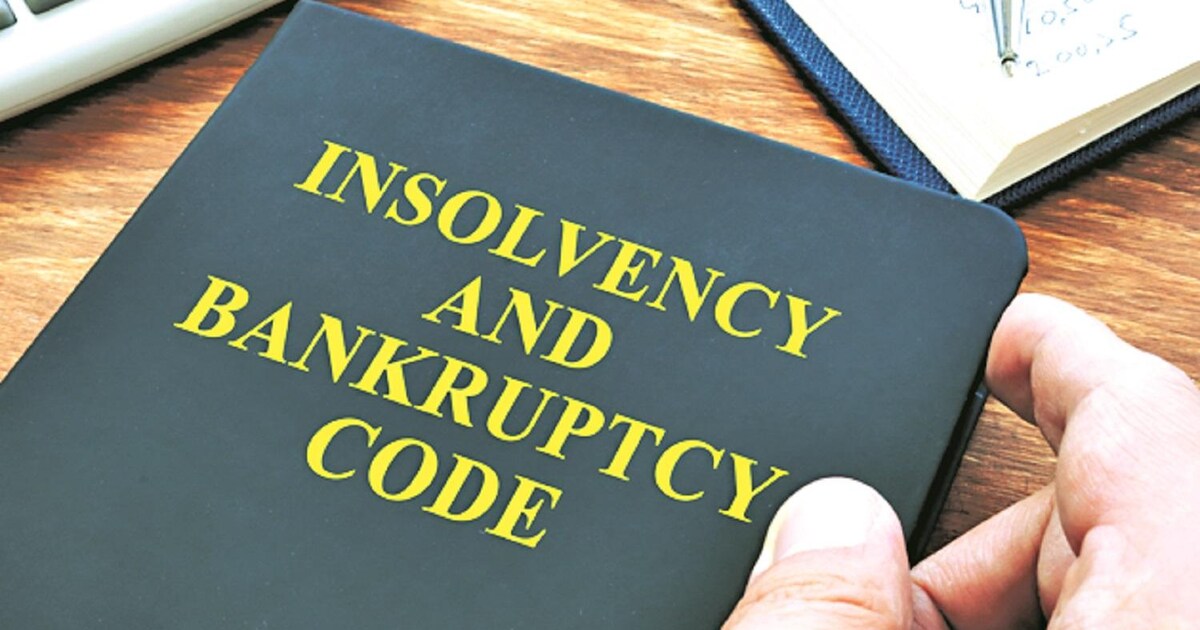The Competition Commission of India has issued new guidelines for evaluating the cost of goods and services to accurately assess any unfair pricing practices in the e-commerce and fast-commerce sectors.
The new norms, known as the Competition Commission of India (Determination of Cost of Production) Regulations 2025, envision a sector-agnostic framework for assessing the cost of production that is flexible and adaptable to numerous industries, including the digital economy.
In February, the CCI issued draft guidelines to modernise the framework for analysing exploitative pricing. Following stakeholder engagements, the CCI notified the Competition Commission of India (Determination of Cost of Production) Regulations 2025.
This development is particularly significant given the CCI’s ongoing investigations into multiple allegations of unfair business practices filed against quick-commerce and e-commerce businesses.
The new guidelines also enable case-by-case evaluations, allowing the CCI to “consider the unique features and evolving dynamics of digital markets when evaluating alleged predatory conduct” rather than prescribing sector-specific metrics.
The CCI currently maintains a robust regulatory framework to address market-wide allegations of predatory pricing and heavy discounting. This framework will also assist in reviewing complaints against certain fast-commerce and e-commerce businesses.
Some stakeholders raised concern that the proposed regulations lack clarification on how the commission will analyse costs in various areas, particularly digital markets. In response, the CCI underlines that the Cost Regulations 2025 establish a sector-agnostic, cost-based framework that is flexible and adaptable to a wide range of businesses, including the digital economy.
The new methodology will use average variable cost as the primary benchmark to identify exploitative pricing. However, the commission may utilise alternative cost indicators such as average total cost, average avoidable cost or long-run average incremental cost (LRAIC) to better understand market dynamics based on industry specifics and case complexity.
Additionally, enterprises under scrutiny will have the opportunity to challenge cost evaluations by engaging independent experts at their own expense.
The new regulations coincide with the government’s intensified scrutiny of e-commerce and fast-commerce platforms in India for allegedly engaging in deep-discounting practices and anti-competitive activities.
In March, the All India Consumer Products Distributors Federation filed a complaint with the CCI requesting an investigation into the pricing methods of major e-commerce and quick-commerce platforms. This adds to the regulatory challenges faced by Zomato and Swiggy, which are currently under investigation by the CCI for alleged anti-competitive conduct in their food-delivery businesses.













